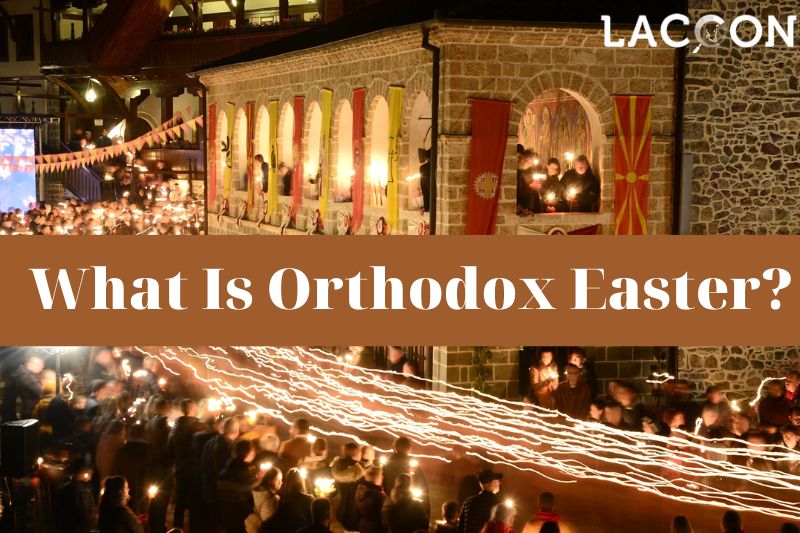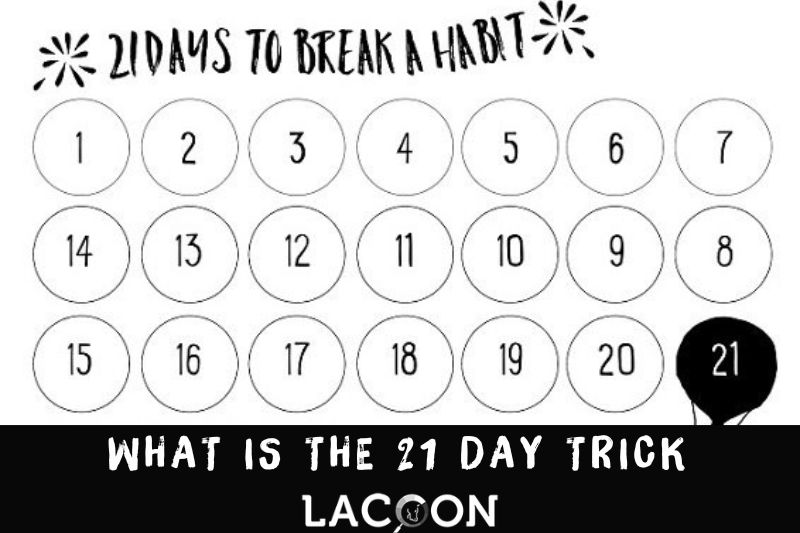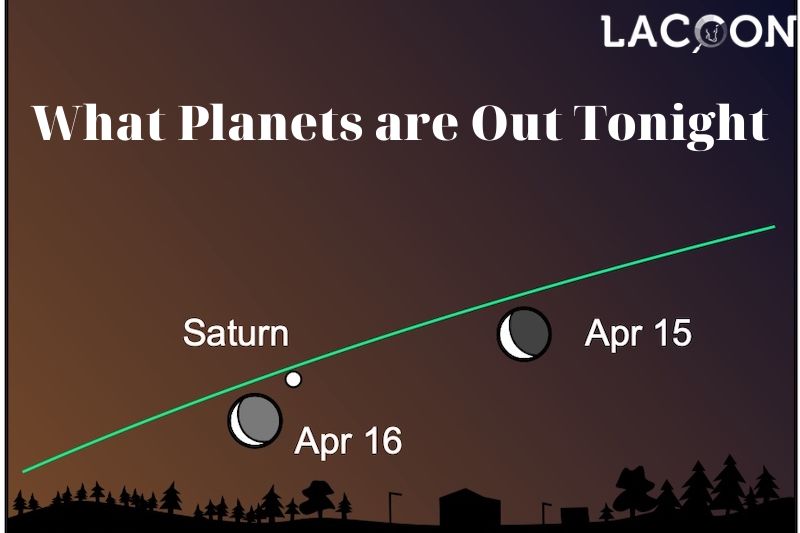Discover the magic of Orthodox Easter, a celebration filled with ancient traditions and deep religious significance. From the vibrant colors of the candles to the joyous hymns.
This day is a time for reflection, renewal, and spiritual growth. Join us as Lacoon explore what is orthodox easter and the customs of this cherished holiday and discovers what makes it so special for millions of Orthodox Christians around the world.
Orthodox Easter In 2023

Easter for most Western Christians will occur this year on Sunday, April 9th, 2023, according to the Gregorian calendar.
Orthodox Easter will fall on Sunday, April 16th, 2023, according to the Julian calendar used by much of Eastern Orthodoxy.
The date discrepancy is due to the different calendar systems used by the Western and Eastern Churches.
What Do People Do?

Orthodox Easter celebrations begin with the Holy Week, which starts with Palm Sunday and culminates on Easter Sunday.
Throughout this week, Eastern Orthodox Christians participate in various religious services and traditions.
- Palm Sunday: This day commemorates Jesus’ triumphal entry into Jerusalem, where people welcomed him by waving palm branches. In Orthodox Churches, the faithful receive palm fronds or crosses made from palm leaves.
- Holy Week Services: Orthodox Christians attend numerous church services throughout the week. It includes the Bridegroom Service, the Holy Unction, the Last Supper, and the Crucifixion of Christ.
- Great and Holy Friday: On this day, Orthodox Christians remember the crucifixion and burial of Jesus Christ. Churches often hold somber services and processions, and many believers fast.
- Holy Saturday: This day marks the period between Christ’s crucifixion and resurrection. It is a day of anticipation and preparation, where believers clean and decorate their homes prepare Easter foods, and attend a midnight liturgy.
- Paschal Vigil: On Holy Saturday night, a service is held to celebrate Jesus Christ’s resurrection. The church is dark during this service, but the priest lights a candle to symbolize Christ as the “Light of the World.”
- Easter Sunday: Orthodox Christians celebrate Christ’s resurrection with joyous services, followed by festive meals with family and friends. Traditional foods, such as Paschal lamb, red eggs, and sweet bread, are enjoyed during this feast.
The Origin of Orthodox Easter
The celebration of Orthodox Easter dates back to the early Christian church, with its roots in the Jewish Passover.
Pascha comes from the Hebrew word “Pesach” which means “Passover.” Jesus’ death and resurrection are the ultimate sacrifice for our sins and are believed to fulfill Passover.
The First Ecumenical Council happened in Nicaea in 325 AD. It established a single date for celebrating Easter.
However, differences in calendar systems and the method of calculating the date led to the division of the Christian world into Western and Eastern observances.
Julian vs. Gregorian Calendar

The key reason for the different dates of Easter and Orthodox Easter lies in the calendar systems used by the Western and Eastern Churches. Pope Gregory XIII introduced the Gregorian calendar in 158.
It replaced the Julian calendar that was created by Julius Caesar in 45 BC. The Western Church decided to adopt this new calendar. The Eastern Orthodox Church continues to use the Julian calendar for religious purposes.
The discrepancy between the two calendars results in a 13-day difference, with the Julian calendar running behind the Gregorian calendar.
This gap affects the calculation of the date for Orthodox Easter, as it is based on the first full moon following the vernal equinox. Consequently, Orthodox Easter typically falls one to five weeks after the Western celebration.
Symbols and Traditions of Orthodox Easter

Orthodox Easter is rich in symbolism and traditions that have been preserved for centuries. Include:
- Red Eggs: Eggs are a universal symbol of life and rebirth. In Orthodox Easter, red eggs symbolize the blood of Christ and the renewal of life. They are often dyed red on Holy Thursday or Holy Saturday and are then cracked open on Easter Sunday to represent the empty tomb of Jesus.
- Paschal Lamb: Lamb is a traditional Easter dish that represents Jesus as the “Lamb of God”. Who was sacrificed for the sins of humanity. It is often the centerpiece of Easter feasts in Orthodox households.
- Paschal Candle: It represents Christ as the “Light of the World.” It is lit during the Paschal Vigil, symbolizing the resurrection of Jesus and the triumph of light over darkness.
- Paschal Greeting: “Christ is risen!” and the response “Indeed, He is risen!” is a customary Paschal greeting exchanged among Orthodox Christians during the Easter season. This greeting emphasizes the joyous belief in Christ’s resurrection.
- Holy Fire: It happens every year on Holy Saturday, and it is considered a miraculous event. The Patriarch of Jerusalem lights a bundle of candles using the Holy Fire. The fire is then distributed to churches worldwide, symbolizing the spreading of the light of Christ’s resurrection.
Bible Verses about Easter

Numerous Bible verses attest to the significance of Christ’s resurrection for Christians. Some key passages include:
- Matthew 28:6: “He is not here; he has risen, just as he said. Come and see the place where he lay.”
- Luke 24:6-7: “He is not here; he has risen! Remember how he told you, while he was still with you in Galilee: ‘The Son of Man must be delivered over to the hands of sinners, be crucified and on the third day be raised again.'”
- John 11:25-26: “Jesus said to her, ‘I am the resurrection and the life. The one who believes in me will live, even though they die; and whoever lives by believing in me will never die. Do you believe this?'”
- 1 Corinthians 15:3-4: “For what I received I passed on to you as of first importance: that Christ died for our sins according to the Scriptures, that he was buried, that he was raised on the third day according to the Scriptures.”
FAQs

Does Greek Easter differ from Orthodox Easter?
No, Greek Easter falls on the same day as Orthodox Easter. The celebrations may vary based on specific churches, locations, and cultures.
What is the reason for the difference in the date of Orthodox Easter?
Orthodox Christians in Europe, Africa, and the Middle East celebrate Easter later than most in the Western world. Because they use a different calendar to determine the date of Easter.
Which countries celebrate Orthodox Easter?
Officially, countries that observe Orthodox Easter include Bulgaria, Cyprus, Greece, Lebanon, the Republic of Macedonia, Romania, Russia, and Ukraine.
Conclusion
Orthodox Easter is a significant religious event for millions of Eastern Orthodox Christians worldwide.
The unique traditions and liturgical practices associated with Orthodox Easter provide a rich and profound experience for believers, highlighting the central Christian belief in the resurrection of Jesus Christ.
As we approach Orthodox Easter in 2023, it is essential to appreciate the historical and cultural context of this sacred celebration. As well as the shared belief in Christ’s resurrection that unites Christians across the globe.





